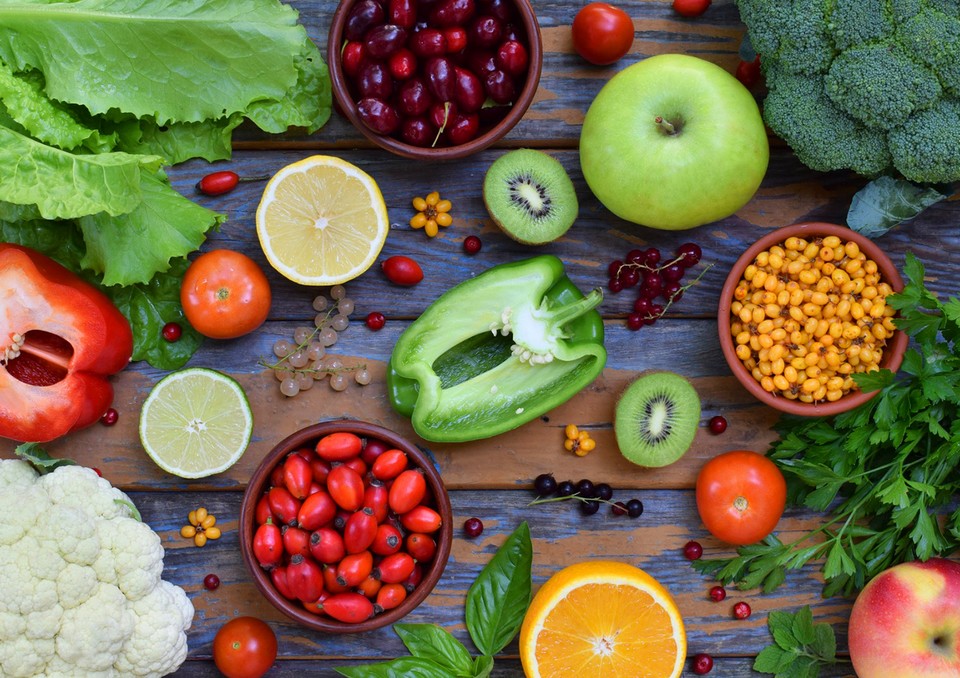Vitamin C is the main water-soluble antioxidant in blood and tissue cells.

Vitamin C is needed:
Vitamin C is readily degraded by exposure to temperature, oxygen and light. So:
Smokers require more vitamin C (30 mg more per day) than other people. Also, pregnant and lactating mothers need more vitamin C (10 mg more per day). Lack of vitamin C can manifest itself in a reduced ability of the body to resist oxidative processes, in exhaustion and irritability. With prolonged vitamin C deficiency, scurvy can develop. Symptoms of scurvy appear when plasma vitamin C levels fall below 11 μg / L or total body stores fall below 300 mg. Scurvy is an extremely rare condition. The bioavailability of vitamin C at doses of no more than 100 mg is at least 80%, at 200–500 mg – 60–70%, at doses over 1000 mg – less than 50%.

Large amounts of vitamin C can lead to diarrhea and other digestive problems, and in people with hypersensitivity to ascorbic acid, an increased formation of kidney stones. The best sources of vitamin C are fruits and vegetables, berries, juices; rose hips, sea buckthorn, paprika, black currants, blackberries, strawberries, citrus fruits, red currants, cabbage, broccoli, leeks, rutabagas, gooseberries, raspberries, tomatoes, cauliflower.
The recommended daily amount of about 100 mg of vitamin C contains the following foods: